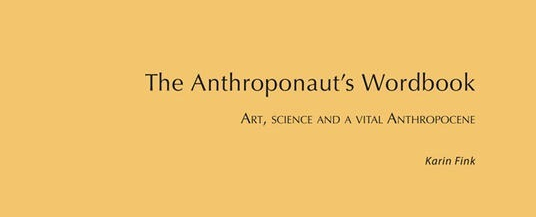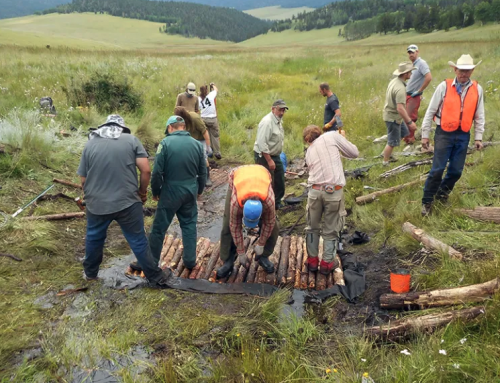The following is my prologue to The Anthroponaut’s Wordbook, by Karin Fink, which has just been published by Postmedia Books.
The scale of the societal and environmental challenges we face can be debilitating. Feeling powerless to change the course of events, the inclination to switch off can feel like self-defence. Karin Fink’s response is both nimble and wise. Rather than confront the enormity of unfolding events head-on, she sets out to start conversations and foster relationships – one at a time. Rather than re-draw the whole picture at a stroke, her focus in this book is on small connections, and how to enhance them.
This approach to connections and relationships echoes the words of Ilya Prigogene, a founder of systems thinking: “When a system is far from equilibrium”, he wrote, “small islands of coherence have the capacity to shift the entire system”. Small islands of coherence, for Karin Fink, are discrete concepts and thoughts that, when articulated, can trigger new conversations among individuals and groups that might have been at loggerheads, or worse, before.
The power of this approach is evident from the first entry in this book, on Affluence. Rather than denounce a fallen world for its greed and avarice, we are given a novel interpretation of the word itself – the idea that unmediated contact with nature might be a better measure of wealth than money, or possessions. An innocuous invitation to think ecologically, rather than economically, transforms the meaning and purpose of growth – but by indirect means. Rather than measure progress against abstract measures such as money, or GDP, ecological growth means observable improvements to the health and carrying capacity of the land, and the resilience of communities.
Value is created by the stewardship of living systems, rather than the extraction of ‘natural resources’. We are not commanded to change our behaviour. Rather, a subtle tweak of language takes us down a conversational path – away from a world of abstraction, and into a world in which we are part of the web of life. This work is not neither symbolic, nor utopian. We are invited here to experience new connections, not just think about them – to connect with all of life, not just with human life.
As Martin Buber counseled, “all living is meeting” , and reflecting on new meanings for that one word – affluence – is an invitation to explore relationships to other living beings, to seek out ways to be part of nature, rather than separate from it. The beauty of this approach is its subtlety. Rather than command us to stop killing the planet, conversations can start in this book that lead us, like a meandering river, to respect soils, waters, plants, and animals as co-equals, with us, of the places we inhabit.
This transition is not a dreamy cruise to look at the view – it entails new work. Connecting with place brings with it the duty to care for place – but the pages that follow can show us how – step by step, island by island.
#





